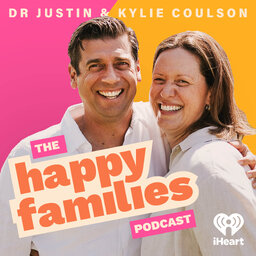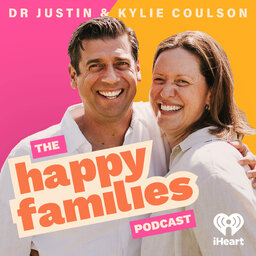#1192 - Creating Better Spaces for Neurodivergent Children
When we change environments to support neurodivergent children, everyone benefits. In this preview of Saturday's interview with Professor Adam Guastella from Sydney Children's Hospital, discover why viewing autism as a 'disorder' might be missing the point, and learn how the right support systems can transform outcomes. Plus, understand why insufficient support leads to troubling patterns of bullying and underachievement.
Quote of the Episode: "When people have changed environments to be more inclusive to support children with autism and other neurodevelopmental needs, those environments are really good for everyone."
Key Insights:
-
Focus should be on changing environments, not just children.
-
Inclusive environments benefit all children.
-
Support needs are both environmental and individual.
-
Better support leads to better educational outcomes.
-
Lack of support correlates with higher bullying rates.
-
Academic underachievement often relates to poor support.
-
Professional collaboration improves outcomes.
-
Early intervention and support are crucial.
Resources Mentioned:
-
Brain and Mind Centre, University of Sydney
-
Self-Determination Theory research
Action Steps for Parents:
-
Focus on environmental adaptations that support learning.
-
Build collaborative relationships with support services.
-
Ensure appropriate support systems are in place early.
-
Look for ways to create inclusive spaces that benefit everyone.
 Dr Justin Coulson's Happy Families
Dr Justin Coulson's Happy Families


